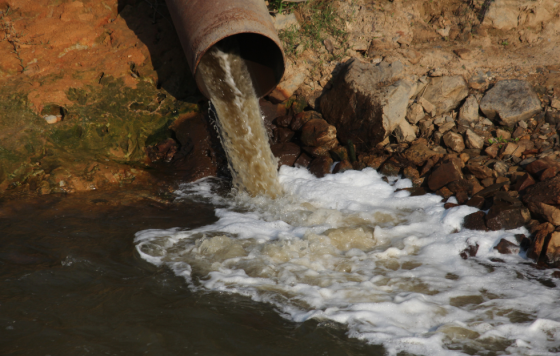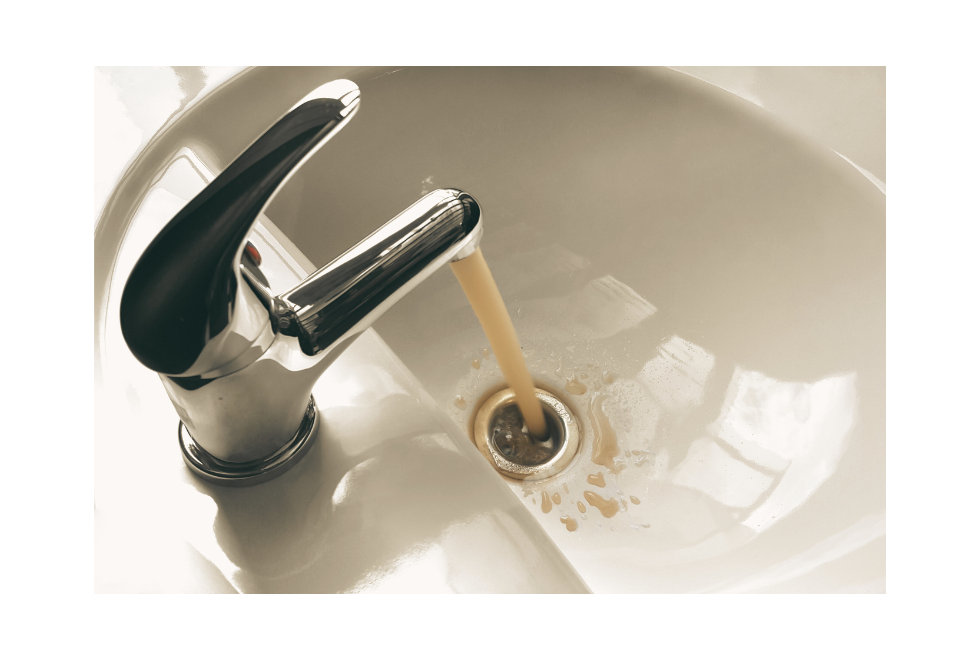
Incarceration is often framed solely as a criminal justice issue—but behind the walls of New Jersey’s correctional facilities, a public health crisis is unfolding. In the work of liberation, we must remember the places people are told to forget—where the walls are high, the air is thick, and the water is unclean.
On May 22, 2025, community members, organizers, and truth-tellers gathered for Beyond the Bars: Water, Rights & Environmental Justice in New Jersey Prisons, a virtual gathering that made visible what so many systems try to hide: that incarcerated people are being denied basic human rights in our state’s correctional facilities. Co-hosted by Clean Water Action’s Environmental Justice Organizer Simone (X) Braithwaite, Women Who Never Give Up, and Councilman Frank Gilmore of Jersey City, this conversation was a call-in, a call-out, and a call to action.
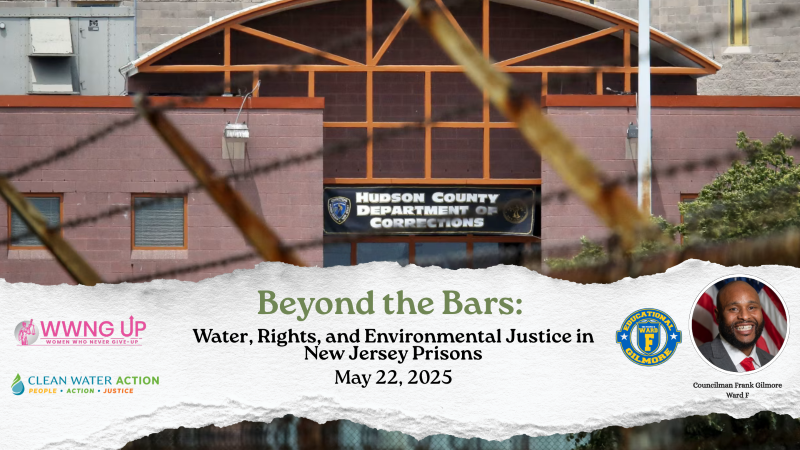
Watch the Conversation, Join the Movement
If you weren’t able to join us live, we’ve made the space available for continued learning and sharing.
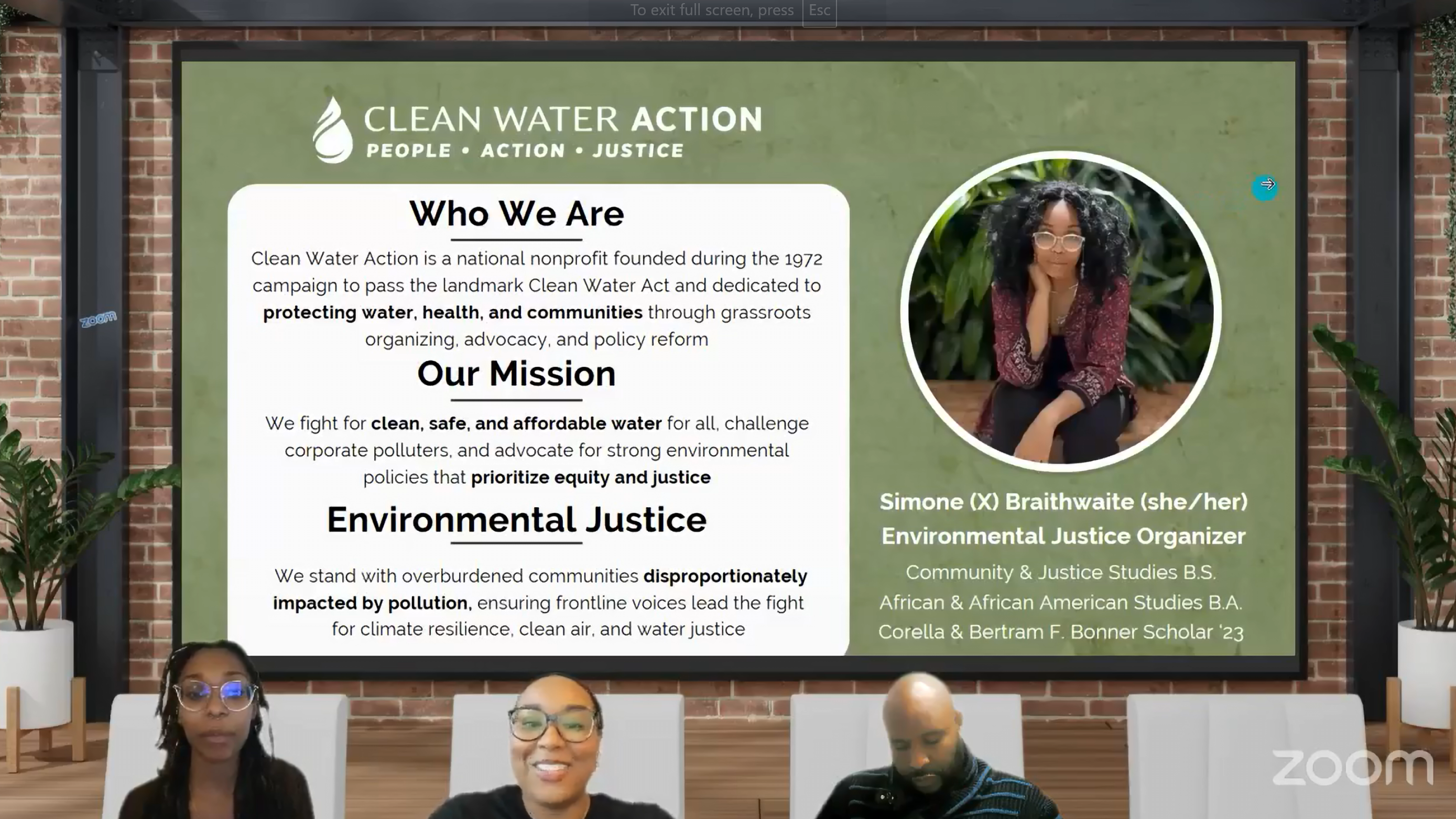
Environmental Neglect Behind the Wall
Most of New Jersey’s prisons are located near industrial sites, placing them in direct proximity to toxic contaminants. These same facilities also suffer from aging infrastructure, unsafe water systems, and poor ventilation—leaving incarcerated individuals exposed to a perfect storm of health threats.
Among the most alarming concerns:
- Access to safe water is restricted, with many only permitted 48 bottles per month—about 1.6 bottles per day, far below medical recommendations.
- E. coli contamination has been detected in prison water systems.
- Wildfire smoke, like that which engulfed the Garden State Youth Correctional Facility in 2023, leaves incarcerated people with no means of protection or escape.
As Councilman Gilmore shared in his opening reflection:
This is something that’s very near and dear to my heart. Advocating for incarcerated and formerly incarcerated individuals—because the reality is most of these individuals are treated like second-tier citizens. Basic necessities in life are essentially overlooked when you’re dealing with this demographic. Then to add to it, you could even be subject to harsher treatment if you are Black and brown.
This is the truth we gathered around: that justice must live in every facility, every faucet, every breath—and that none of us are free until we all are.
Environmental Harm as State Violence
New Jersey’s prisons are more than places of confinement—they are environments of compounded harm and neglect. Facilities are surrounded by toxic industrial sites, built on contaminated land, and maintained with disregard for human dignity. Many of the people inside already come from communities overburdened by pollution, poverty, and neglect. Once incarcerated, those harms don’t stop—they multiply.
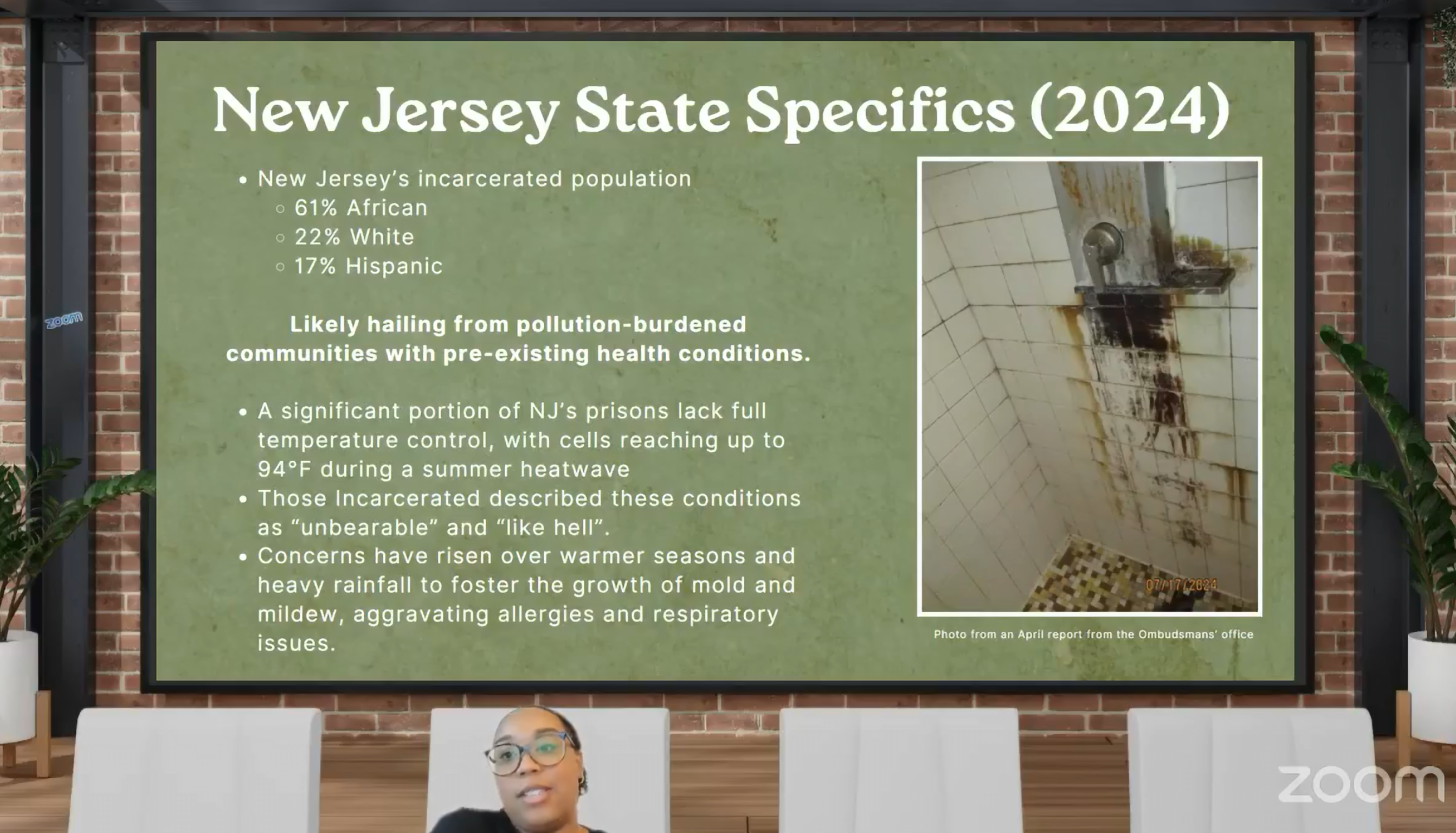
We heard stories and research revealing that:
- Water contaminated with E. coli and chemicals like PFOs and VOCs are being used for drinking and bathing.
- Heat inside cells can reach 94°F, pushing bodies into dehydration, heat stress, and breakdown.
This is what systemic violence looks like—slow, quiet, and preventable. This is not about reforming harm. This is about building something just, life-giving, and accountable.
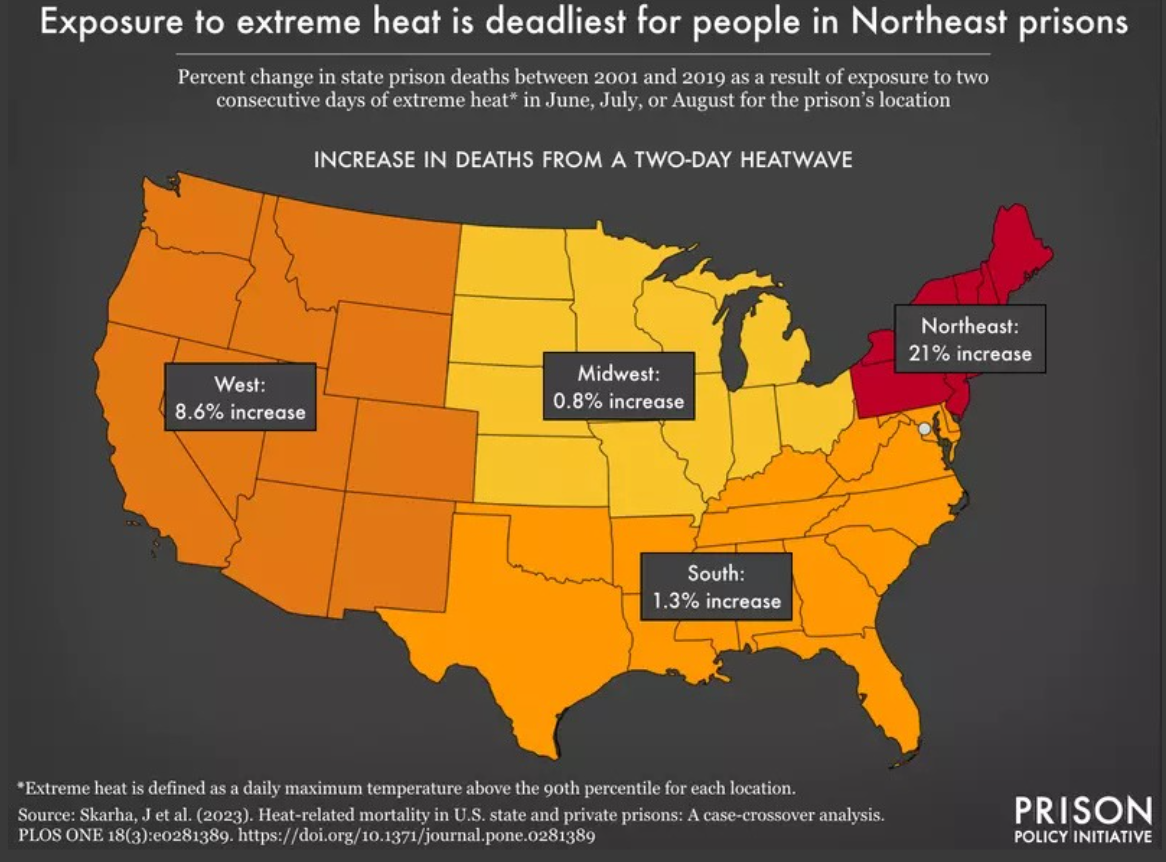
From Research to Resistance: Lifting the Work of Sydnie Bogan
Clean Water Action is grateful to Sydnie Bogan, Graduate Research Assistant at Kean University, for grounding our conversation in research that uplifts lived experience. Her work shows how climate change, toxic exposure, and failing infrastructure create a perfect storm inside New Jersey’s prisons. It validates what loved ones, organizers, and incarcerated people have been saying for years: these facilities are not safe. These conditions are not accidents. They are choices.
Sydnie’s research supports our Safe Water, Safe Lives campaign, which we launched to make these truths undeniable and to demand that systems of power do better—now.
We’re Building a Policy Vision Rooted in Care
At the heart of this work is a refusal to leave anyone behind. That’s why we’re organizing around the New Jersey Declaration of Rights for Incarcerated People—a living policy document rooted in dignity, health, and accountability. We’re also using allied community collaborations with the Toxic-Free Prisons Project Tool to track threats to public health and move institutions to act.
Bringing Federal Vision to Local Reality: Adopting a NJ Declaration of Rights for Incarcerated People
Our movement is part of a larger ecosystem of resistance and reimagination. One of the guiding stars in this work is the Environmental Health in Prisons Act, introduced by Congresswoman Ayanna Pressley (MA-07) and Senator Edward J. Markey (D-MA). This Act calls for a national Declaration of Rights for Incarcerated Individuals and affirms what we already know: that incarcerated people are entitled to safe housing, clean water, fresh air, and protection from environmental harm.
We are bringing that vision home to New Jersey
As part of our Safe Water, Safe Lives campaign, we’re pushing for the adoption of a New Jersey Declaration of Rights for Incarcerated People—a state-level commitment that would codify basic environmental health protections and require accountability from agencies like NJ Department of Environmental Protection (NJDEP) and NJ Department of Correction (NJDOC).
We are calling on community members, advocates, and local legislators to join this fight. If you believe in safe water, if you believe in environmental justice, if you believe that dignity is non-negotiable—this is your invitation. This isn’t just policy—it’s a promise. A promise that we will no longer look away from the conditions people are forced to endure behind bars. That our movements for justice will reach every person, in every facility, in every forgotten corner of the system.
Here’s how you can support this work right now:
- Read the Draft Declaration of Rights
- Submit Your Comments to shape the policy vision
- Sign the Petition to demand clean water and oversight
We organize for the mothers, brothers, daughters, and neighbors behind bars. We organize for those who are fighting asthma without air filters, dehydration without clean water, heat stress without relief. We organize because their lives matter.
Let’s keep moving forward—together, with love, strategy, and vision. No one is disposable. And clean water is a right.
For more information or to get involved, reach out to:
- X Braithwaite - xbraithwaite@cleanwater.org
- Sydnie Bogan - sbogan@wwng.org


